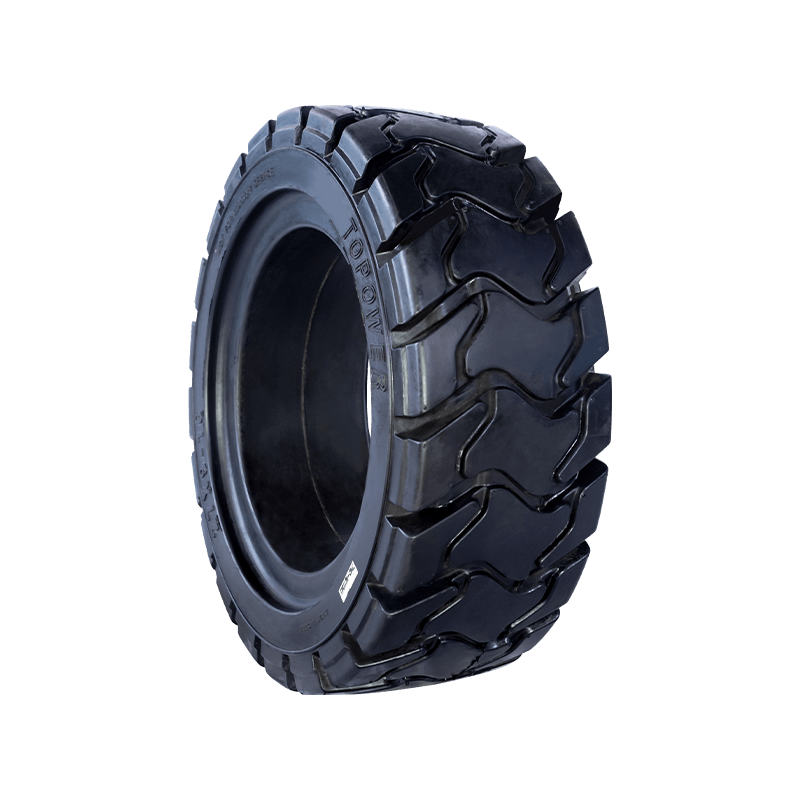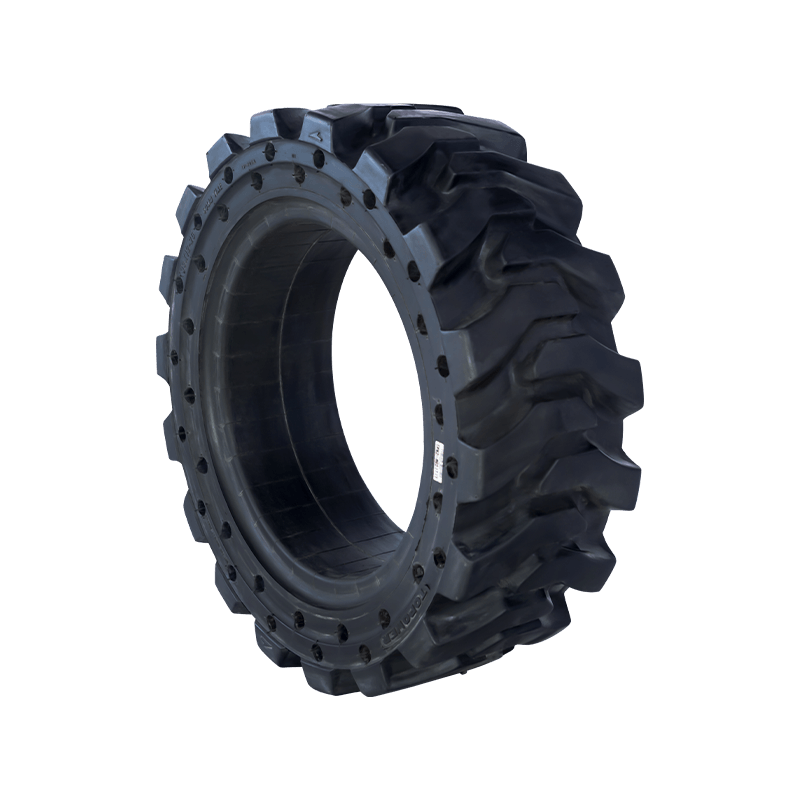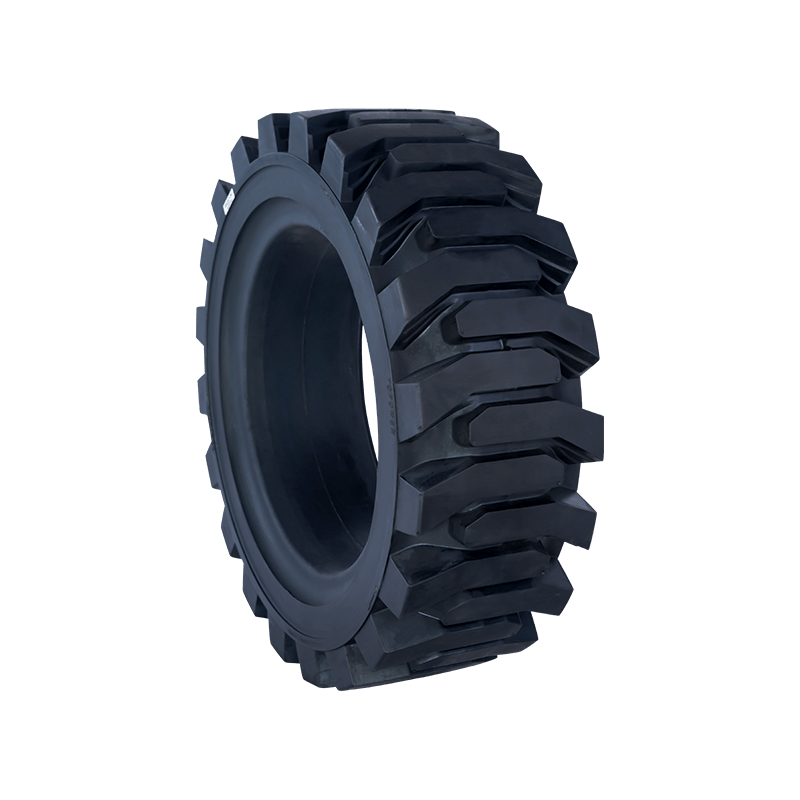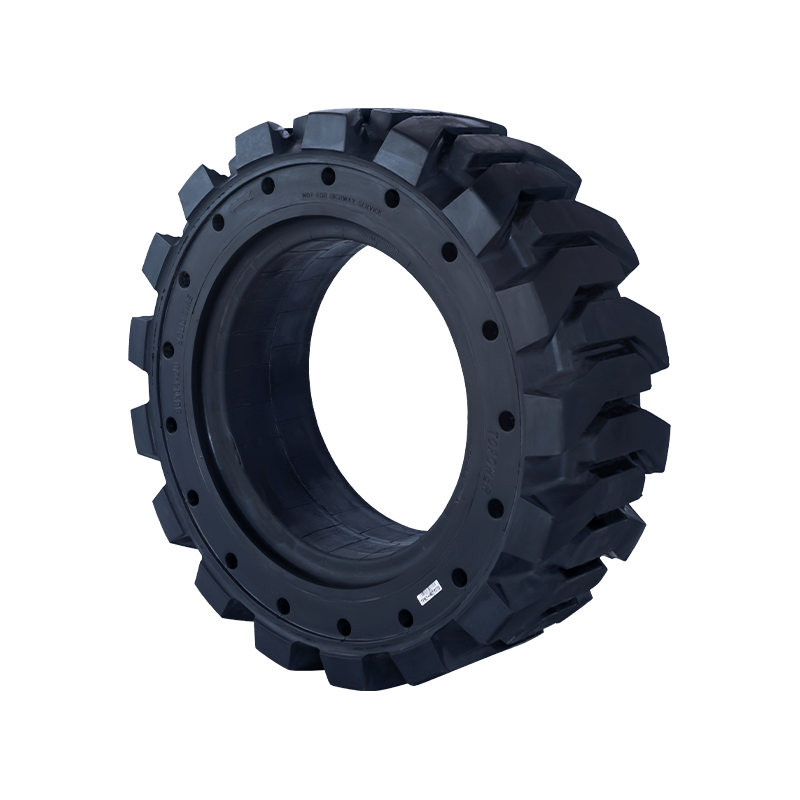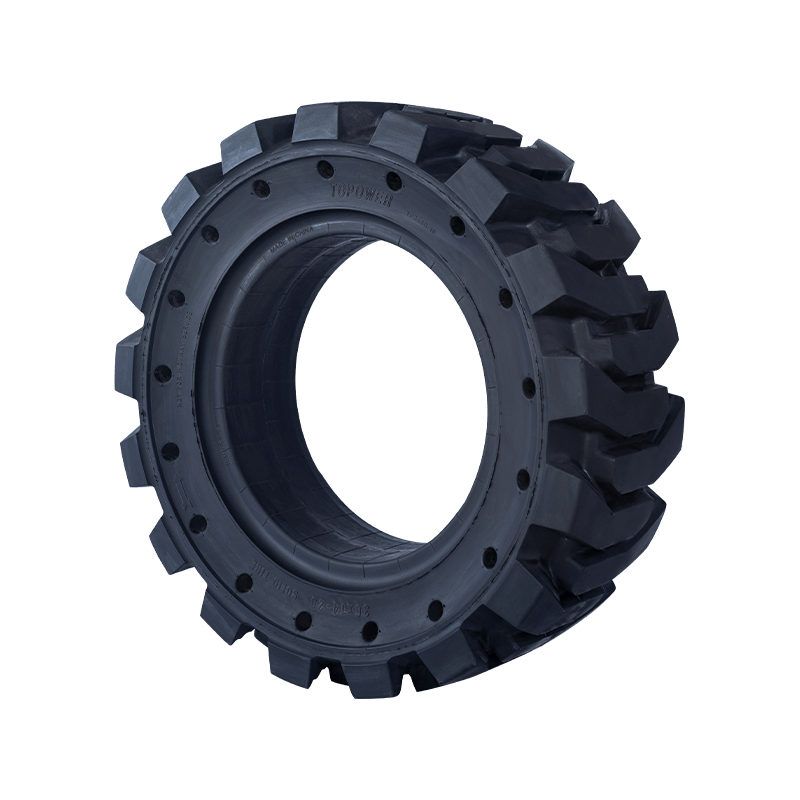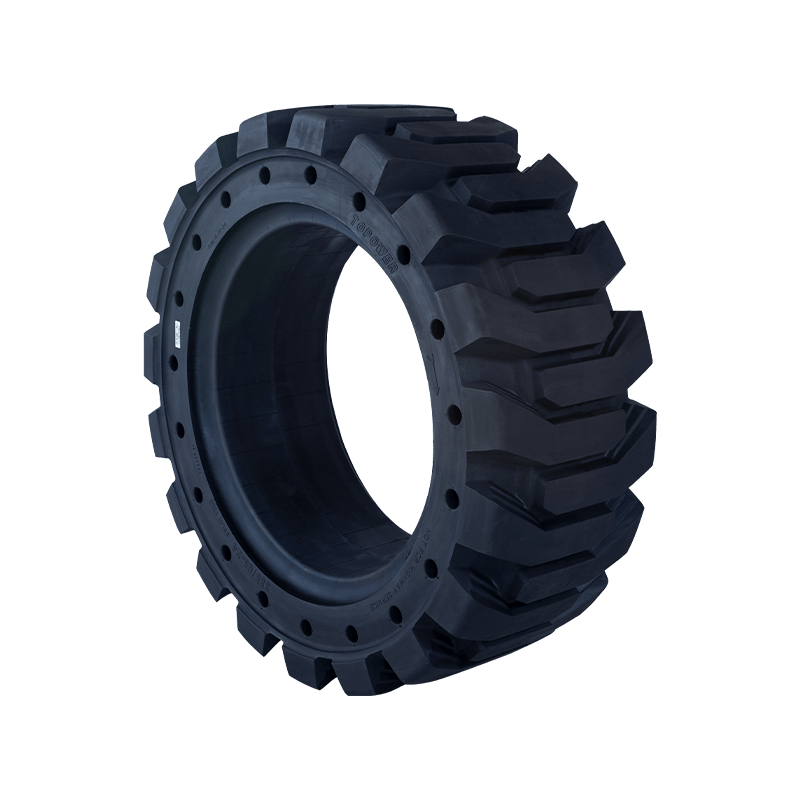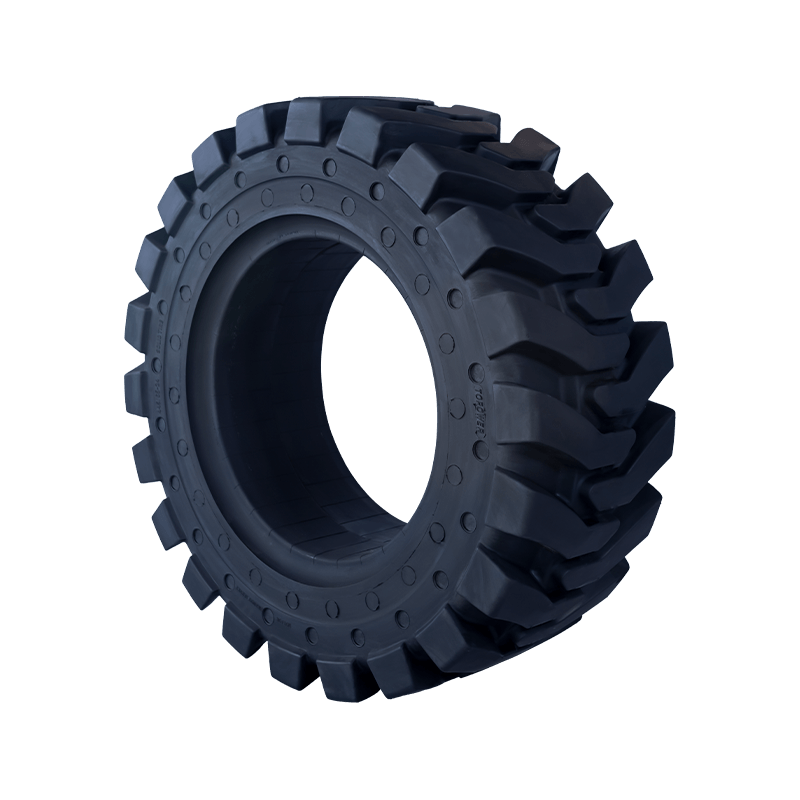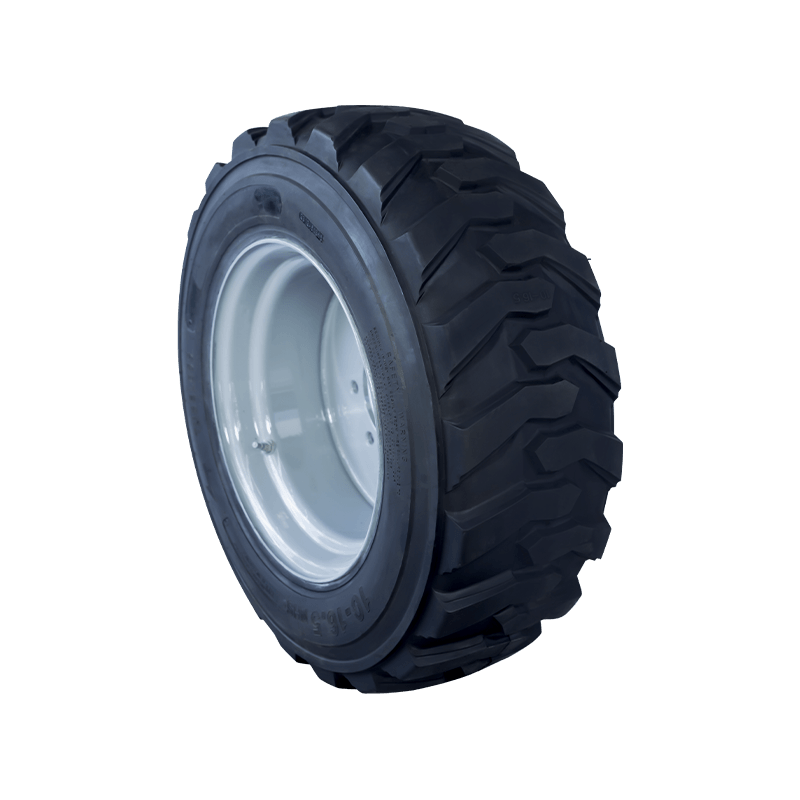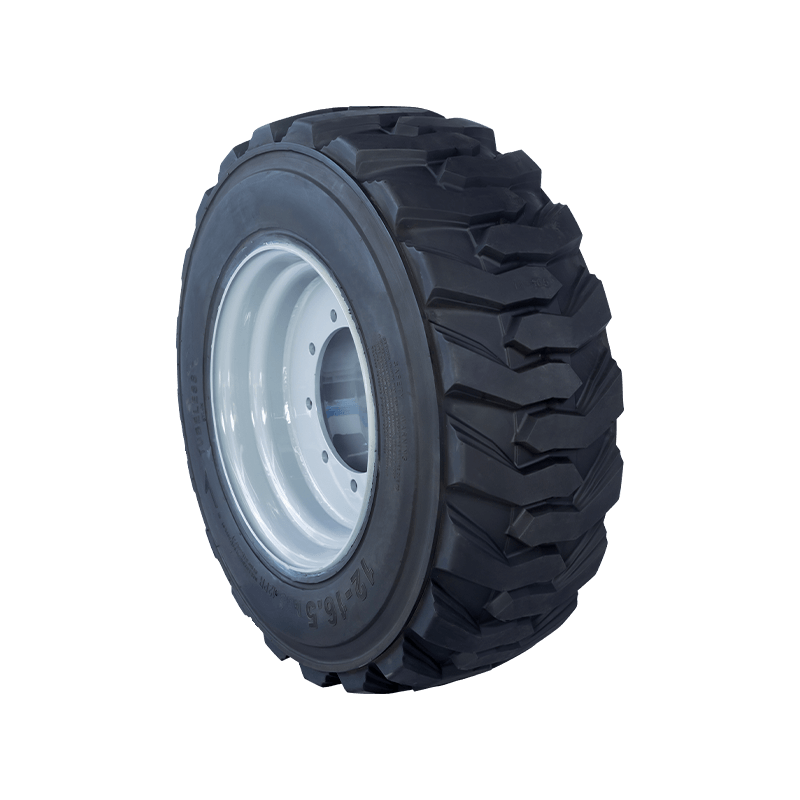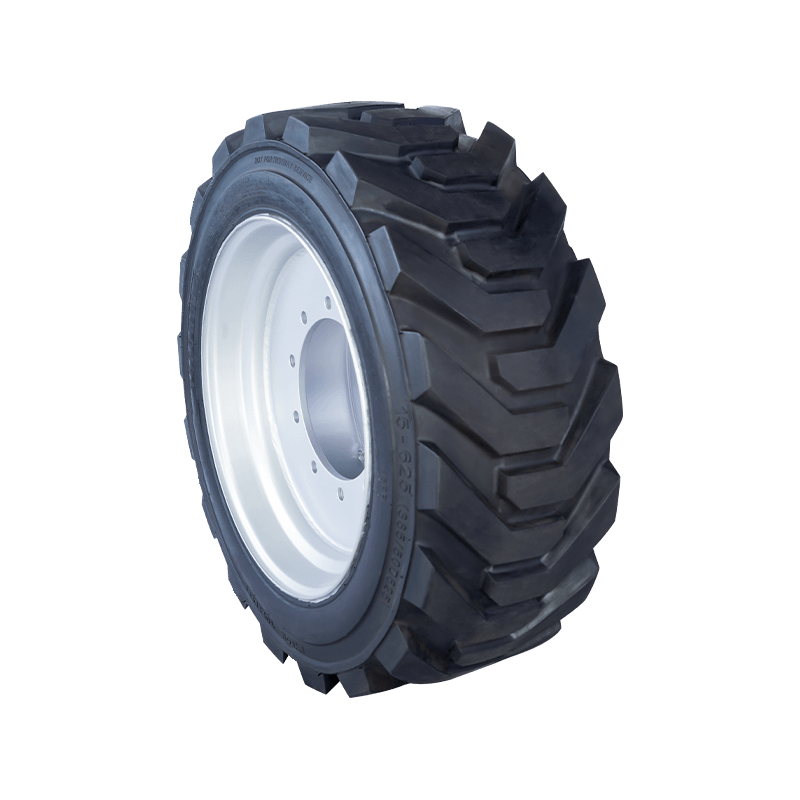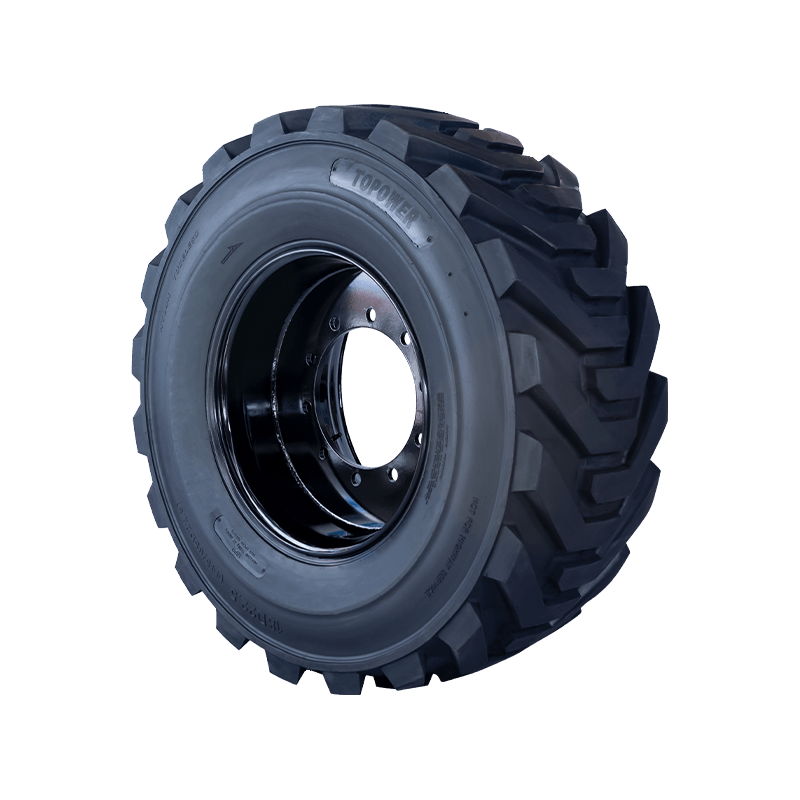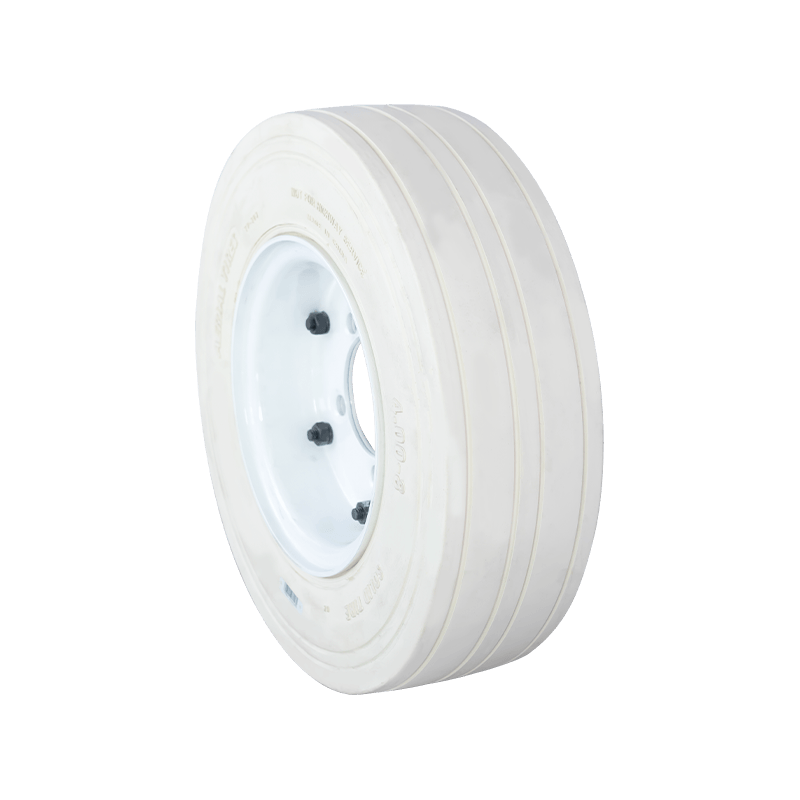What Is a Polyurethane Solid Tyre?
A Polyurethane Solid Tyre is a durable, puncture-proof wheel made entirely of high-density polyurethane material. Unlike pneumatic (air-filled) tyres, these solid tyres do not require inflation and are designed to withstand heavy loads, extreme conditions, and continuous operation. They are commonly used in forklifts, warehouse equipment, electric pallet trucks, automated guided vehicles (AGVs), and factory machinery.
Polyurethane solid tyres are increasingly replacing traditional rubber tyres due to their superior durability, shock absorption, and low maintenance.
Why Is Polyurethane the Ideal Material for Industrial Tyres?
Polyurethane offers a unique combination of strength, elasticity, and chemical resistance. The key benefits include:
High Load Bearing Capacity – Supports heavy equipment without deformation.
Excellent Wear Resistance – Outlasts rubber tyres under continuous use.
Chemical Resistance – Withstands oils, greases, and industrial solvents.
Shock Absorption – Reduces vibration and impact on both operator and machinery.
Temperature Stability – Performs consistently across extreme hot or cold conditions.
These properties make Polyurethane Solid Tyres perfect for use in demanding applications where performance and safety are crucial.
Where Are Polyurethane Solid Tyres Commonly Used?
Due to their versatility and resilience, Polyurethane Solid Tyres are used across multiple industries:
Logistics and Warehousing: Forklifts, pallet jacks, and AGVs rely on solid tyres for smooth operation.
Manufacturing Plants: Used in automated production lines and material handling systems.
Airports and Seaports: Provides stable and puncture-free mobility for ground handling equipment.
Construction Sites: Withstands rough terrain and debris.
Automated Systems: Essential for robots and smart factory vehicles requiring precise traction.
Their adaptability makes Polyurethane Solid Tyres a cornerstone of modern industrial mobility.
How Do Polyurethane Solid Tyres Enhance Workplace Efficiency?
By eliminating downtime caused by flat tyres, Polyurethane Solid Tyres significantly improve operational efficiency. Key benefits include:
Reduced Maintenance Time: No air pressure checks or puncture repairs.
Improved Productivity: Continuous operation without unexpected stoppages.
Enhanced Operator Comfort: Lower vibration reduces fatigue.
Consistent Performance: Stable grip and traction across various surfaces.
For 24/7 industrial operations, these tyres help reduce maintenance costs and boost throughput.
What Makes Polyurethane Solid Tyres Environmentally Friendly?
Unlike traditional rubber tyres that often end up as waste, Polyurethane Solid Tyres offer an eco-friendlier alternative:
Longer Lifespan: Reduces replacement frequency and material waste.
Energy Efficiency: Less rolling resistance leads to energy savings for electric vehicles.
Recyclable Material: Many manufacturers now recycle polyurethane for new tyre production.
Non-Marking Options: Available in non-marking colors for clean-room or indoor environments.
Sustainability has become a key factor in their growing popularity across industries.
How Do Polyurethane Solid Tyres Improve Safety in Industrial Applications?
Safety is one of the most significant reasons why industries are switching to Polyurethane Solid Tyres.
No Blowouts: Eliminates the risk of sudden air loss during operation.
Stable Traction: Provides consistent grip on smooth or uneven surfaces.
Load Stability: Prevents swaying or tilting under heavy weights.
Fire Resistance: Some models are designed to resist ignition in high-heat areas.
By ensuring predictable and stable movement, these tyres minimize accidents and equipment damage.
Why Are Polyurethane Solid Tyres More Cost-Effective in the Long Run?
Although Polyurethane Solid Tyres may have a higher initial cost, their long-term savings are significant:
Extended Service Life: Up to three times longer than pneumatic tyres.
Reduced Maintenance Expenses: No air leaks or replacement downtime.
Lower Energy Consumption: Smooth rolling reduces power demand in electric vehicles.
Decreased Equipment Wear: Vibration control extends the lifespan of bearings and axles.
This cost-effectiveness makes them a smart investment for companies prioritizing efficiency and reliability.
What Innovations Are Emerging in Polyurethane Solid Tyre Technology?
With advances in material science, Polyurethane Solid Tyres are becoming even more efficient. New developments include:
Dual-Density Construction: Combines a hard core for load-bearing and a soft outer layer for comfort.
Thermal Dissipation Design: Improves heat resistance during continuous operation.
Custom Molding: Allows manufacturers to produce tyres in various sizes and hardness levels.
Smart Integration: Some models feature embedded sensors to monitor wear and performance.
These innovations are shaping the next generation of industrial tyre technology.
Why Are Polyurethane Solid Tyres the Future of Industrial Transportation?
As industries continue to automate and optimize, reliability and sustainability are critical. Polyurethane Solid Tyres meet these demands by offering durability, performance, and environmental benefits unmatched by traditional tyres. From warehouses to robotics, they ensure smooth, quiet, and maintenance-free operation — redefining the standards for modern mobility solutions.

 English
English русский
русский Español
Español عربى
عربى


